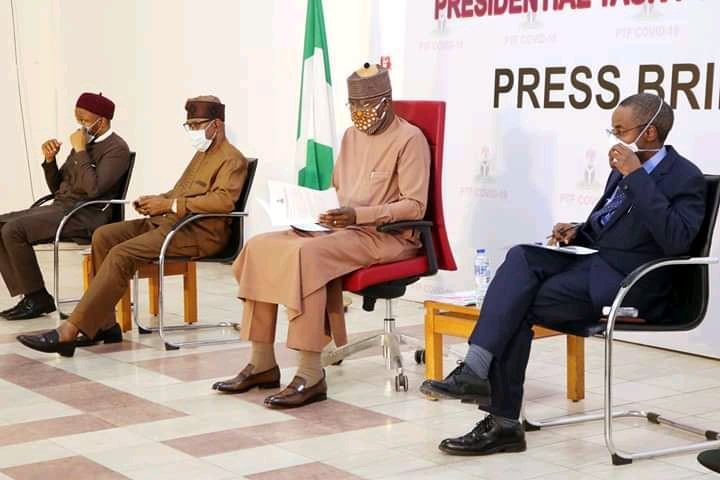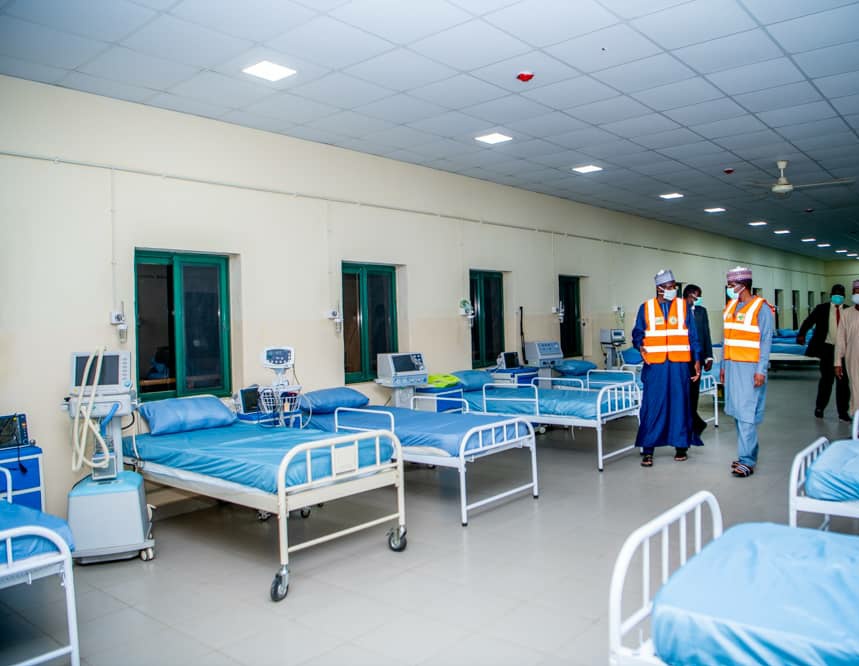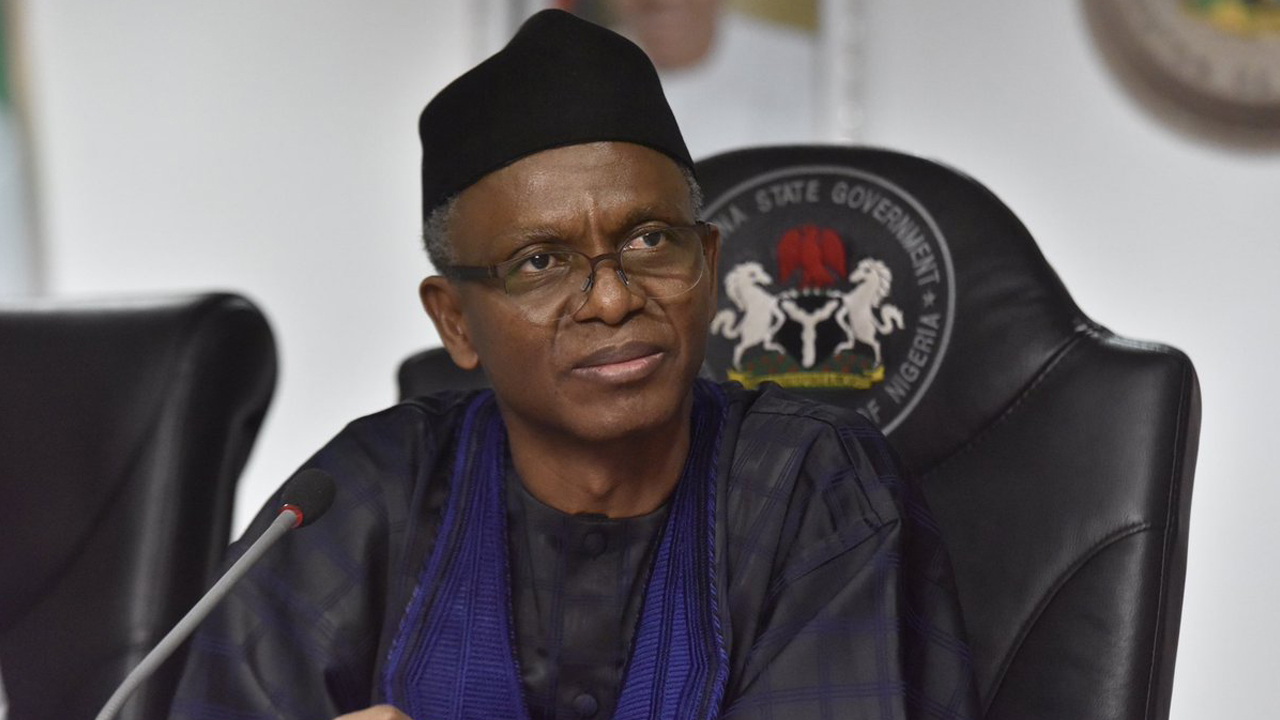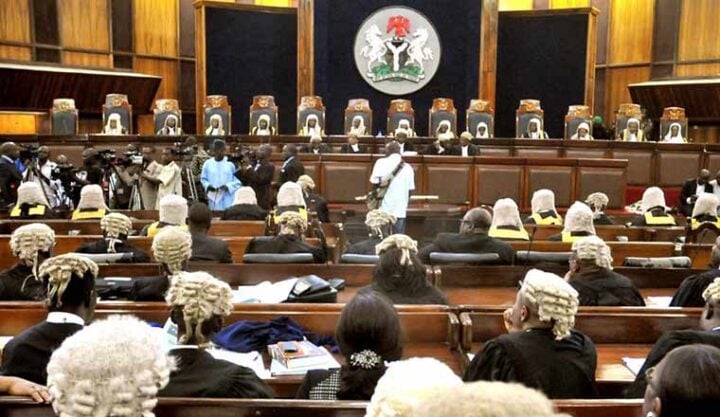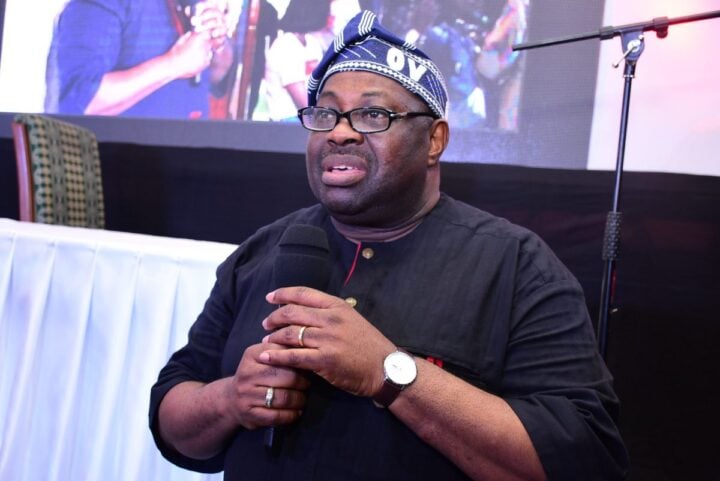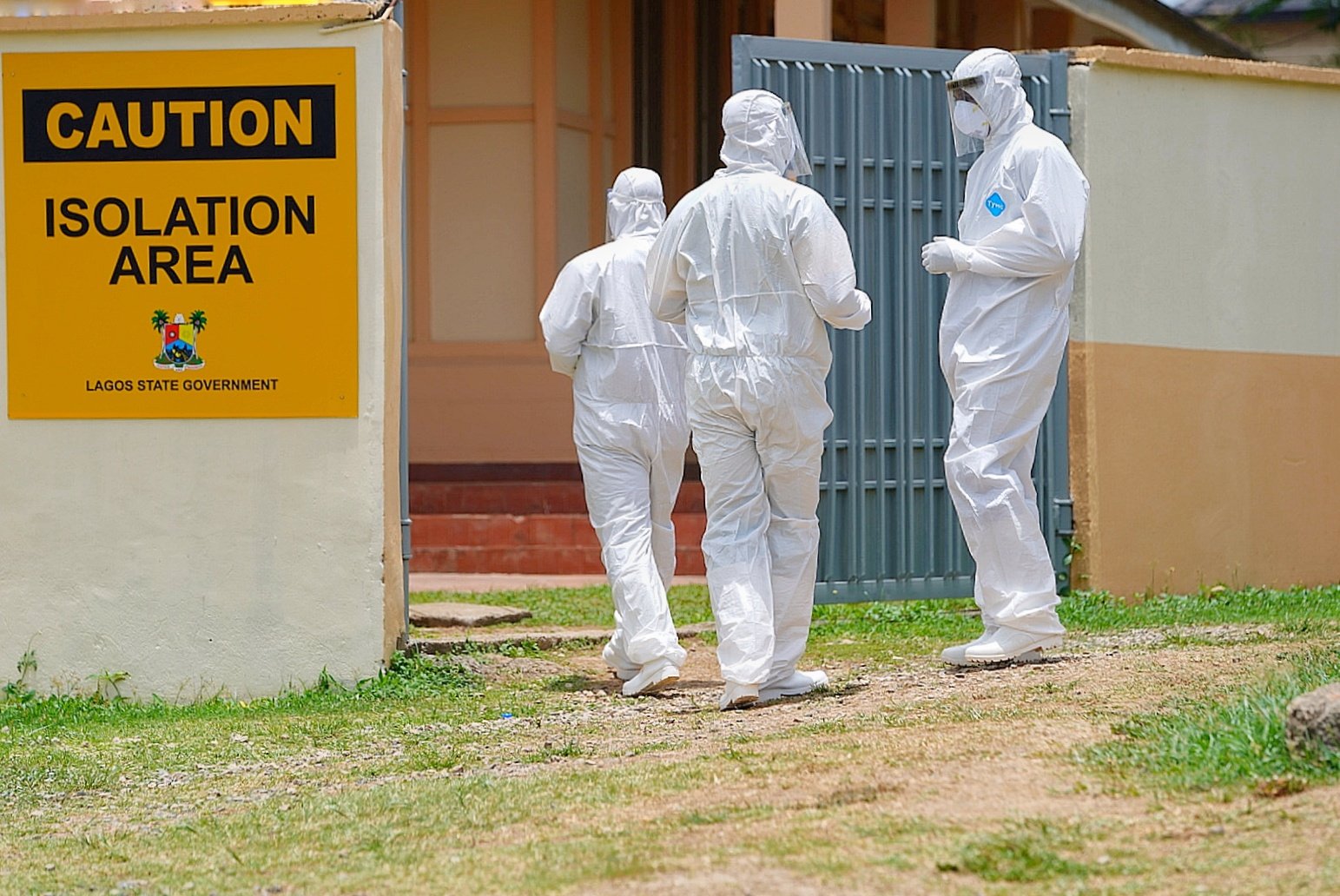BY OMORINSOLA BALOGUN
Since 27th February, when Nigeria confirmed its first case of the coronavirus, there have been varied efforts to inform and educate citizens on the disease and its prevention. At the fore of these efforts to make information available to Nigerians was the Nigeria Centre for Disease Control (NCDC), mainly through social media and predominantly in English language.
The NCDC over this period has published several guidelines for educational institutions and businesses and also on self-isolation, the use of facemasks, and other activities. With recent developments, it is evident that these guidelines are either not understood or are being ignored by citizens. I will bet on the former, and there goes the loopholes.
It is no small task to conduct an emergency response in Nigeria, given the context of our population, and social demographic distribution. While mobile phone proliferation is high in Nigeria, the reality is that most of the messages on social media, where many Nigerians obtain COVID-19 information, are not tailored for the audience that needs them the most. Over 90 million Nigerians are impoverished and live in low-income settings beset by overcrowding, and poor Water, Sanitation, and Hygiene services. These conditions could consequently lead to quicker community transmission of COVID-19, a case in point; Northern Nigeria’s biggest state, Kano, where new cases have grown exponentially since the index case. From media reports, segments of these populations live in denial of the virus and, therefore, susceptible to receiving and sharing distorted information.
The case for community engagement
With the ease in lockdown measures, stakeholders, especially the federal and state governments, must converge to step up community engagement efforts and develop a protocol for communicating to hard-to-reach communities as a matter of urgency.
The WHO’s Integrated Model for Emergency Risk Communication outlines five critical components for success. They include Dynamic listening and rumour engagement, Risk communication systems, Internal/partner communication and coordination, Public communication, and Community engagement with affected communities. These measures must go hand-in-hand and be adapted to suit our subnational context within the Risk Communication and Community Engagement (RCCE) framework.
Advertisement
The application of RCCE is crucial in Nigeria’s fight against COVID-19. One key area that needs to be improved is community engagement.
Community engagement efforts are not generic. It highly depends on many factors, including local social structures, community coherence, communication preference, and relationships with authority figures. The consideration of these factors often defines success. An excellent example of this is the use of clerics and traditional structures, including incentives where necessary. This has been helpful in previous disease control activities such as the polio campaign.
In addition, special efforts must be put into communicating with people at higher risk of COVID-19 fatality; the elderly, pregnant women, and people with underlying health conditions. A recent report from the COVID taskforce enquiry in Kano revealed that most of the fatalities recorded in the state were people above the age of 60.
The way forward
In consideration of the limitations of the country-level capacity, here are my recommendations on what can be done to communicate more effectively to these vulnerable populations.
Collaborate with grassroots civil society organisations (CSOs), faith-based organisations (FBOs), and community health workers (CHEWs) to educate communities on COVID-19, the guidelines, and its benefits.
● Support health-focused grassroots CSOs/FBOs to scale-up programmes that support Nigerians in these trying times. Focus areas should cover reproductive, maternal, neonatal, and child health (RMNCH), mental health, and relief support (food and essential commodities). Grants should be awarded to support such organisations.
Advertisement
● Encourage feedback from members of the society, collecting them through these grassroot structures, and making the right changes. Feedback is vital, as trust is an integral part of the success of RCCE.
● Educate and recruit community influencers, i.e., leaders of religious groups, women groups, public transport unions, traders and market associations, alternative medicine producers, and others. These influencers have existing channels that effectively help them get messages across and are more trusted sources of information.
● Organise regular mass media campaigns for members of the society who provide essential services. The government should support them with the provision of hand sanitisers and masks as a means of ensuring implementation.
● Deploy the use of radio jingles in various local languages. The same applies to telecoms companies, which should roll out messages and texts in understandable language based on the location profile. The use of large and small format outdoor advertising in public places and service delivery points is highly encouraged.
Advertisement
● Service points should be encouraged to implement “nudges” to promote the adoption of safe behaviours. An example of that includes the use of clear markers on the floor to ensure adequate social distancing of 2 meters and pictorial cues for proper respiratory etiquette.
● Engage willing volunteers to pass useful and correct information across to Nigerians who seek information, especially for indigenous members of the society. This would be akin to creating a citizen myth-busting and fact-checking army.
As Nigeria continues to fight COVID-19, it is highly important to state that leadership is the most critical part of successful communication. Leadership, in this case, would mean leading by example. Starting from the President to the least public office holder, and to the enforcement authorities (police, military, and paramilitary operatives), the public must always see its leadership adhering to these guidelines and best practices.
Balogun is a public health expert with experience in humanitarian and emergency response, HIV prevention and management and sexual, reproductive, and maternal health. Omorinsola worked in Nigeria’s presidency, as an assistant in the office of humanitarian interventions (formerly internally displaced persons) until 2017. She holds a Masters in Public Health for Development from the London School of Hygiene and Tropical Medicine.
Advertisement
Views expressed by contributors are strictly personal and not of TheCable.
Add a comment
